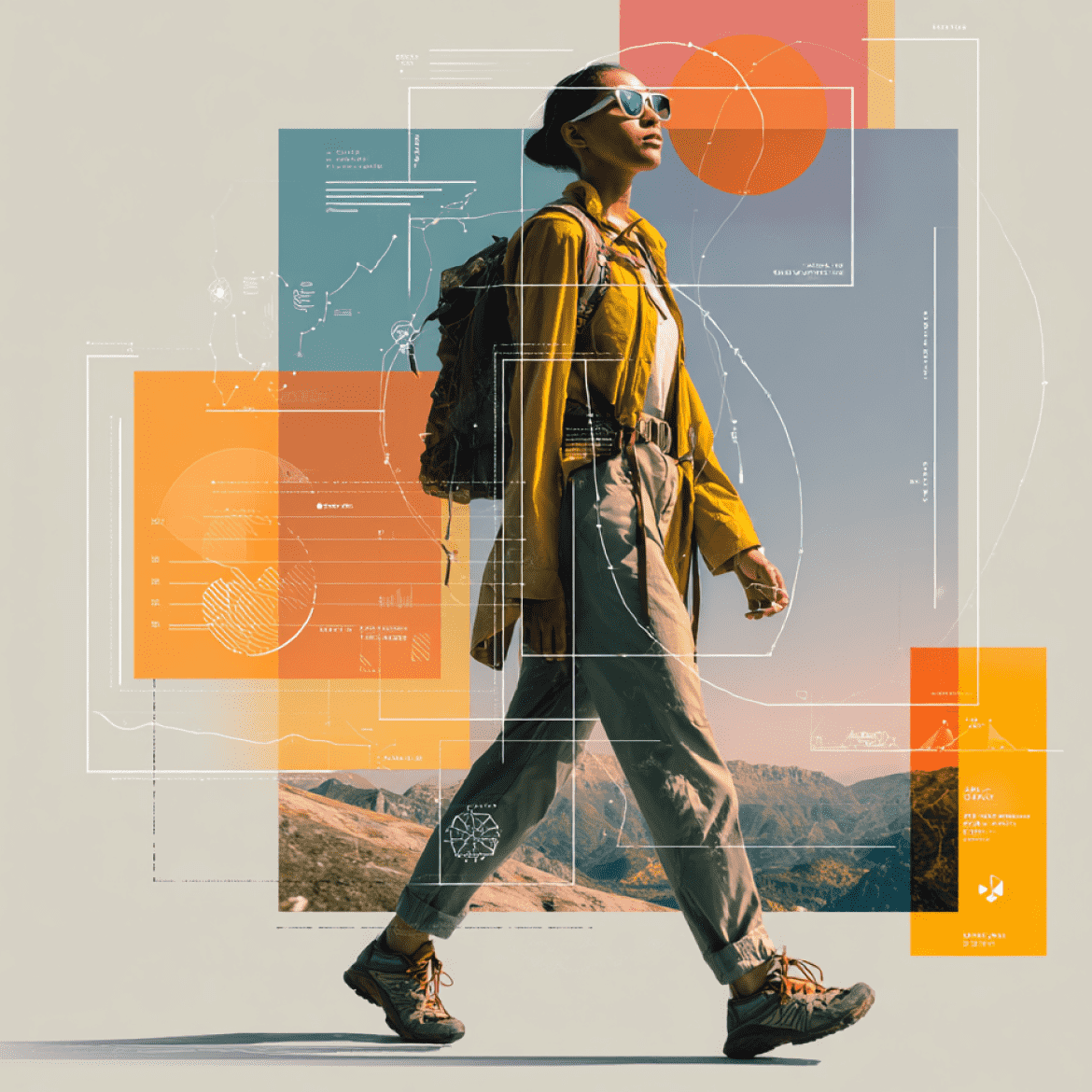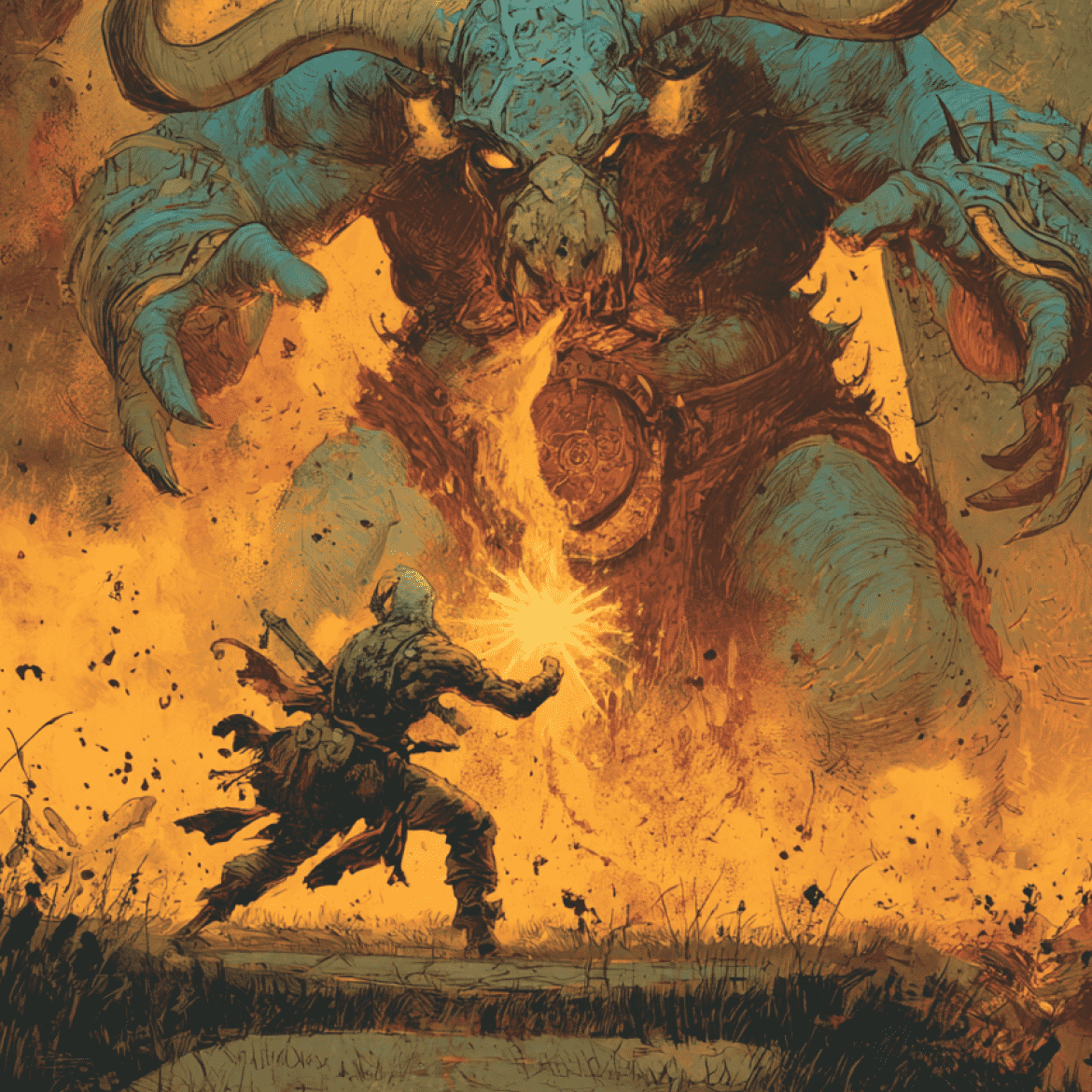
Introducing: The Co-Op Model*
Focused on distributed, equal, & fair forms of economy— we* employ a Co-Op model across every platform. This model impacts who* we work with, what attributes we look for when operating with clients, and how value is dispersed across internal pipelines, budgets, timelines, terms and conditions.
Principle Constants Versus Value Relatives
After building Brand Identity Systems for over a decade—how we* approach our Brand and its Communication is mission critical. Our Product (what we sell), Business (how we sell it), and the Ad/Marketing surrounding these economies is directly impacted by Brand Identity System Pipelines.
What rules we* create (and later uphold) when using a Brand have cascading ripple-effects on every current and new employee, where they live, and how they use this Brand economy, for example. These same "center-out" ripples hold weight into how, why, where, what, and how customers use the Brand, simply on a different form of scale. Maybe this all comes across as meta... and it is. It's no wonder Facebook changed their name; the impact of Brand Identity Systems has a growing impact into our local* economies.
What we*ve observed after build Brand Identity Systems for the last decade+ is that we can (and must) control Principle Relatives. The principles each Brand employs is constant to their* pursuit. Principles represent fundamental truths, whereas values, represent hyper-relative (hyper-local, if you will) needs, perspectives, and offerings. Together, we see the beauty of Principle Constants versus Value Relatives as a way to nurture every individual*... no matter where they live, or what they pursue.
/Division Guidelines
Ensuring that greater concepts like Ethics are tackled— the *Dot Agency /division of Local* is focused on encouraging fair and equal value is captured across growth into Brand Identity, and Ad/Marketing growth. Our Local*Dot Studio, for example, tackles how tech and tooling is created with a focus on things like study, research, and haptics. Creating /divisions, we* see the importance of
What Does This Mean For How We* Employ People?
Working within Distributed models, we* see the Co-Op model having impact into both who we* hire, and who* hires talent. From our experience, we* see that companies, startups, and Brands who take ownership from the start carry the most change in the long-run. This means that by hiring talent* through our clients; both parties win in the long-run.
Perhaps most importantly, by working through a Co-Op model, who* wins is incredibly relative. Rather than taking a cut of who is hired— *Dot Agency encourages proper representation of Creative Economies from the start. The value we* receive is through the project as a whole working, versus making sure our agency is always staffed. This encourages greater diversity of talent per project—our clients directly hire talent* versus *Dot Agency. This places the power in the hands of our clients to decide, ultimately, what their Brand vision is... we* are simply there to help create guidelines.
By encouraging our clients to hire talent* — we* support the larger concept that great talent is obvious. Great Creators, for example, are also great communicators; their legal, administrative, and accounting processes are handled before entering into client projects. When we* say "we hire experts," this is what we* are referring to. At the end of the day, this shift places talent* directly into the hands of our clients; if talent* performs well and are a joy to work with—they will be passed around within the clients networks, increasing the likelihood of success for all parties.
Join Us*
Ultimately, we* believe this economy comes back to us* — we call this Ping-Payment™ and this is where we are developing deeper technologies that tie equal & fair forms of value together using straight-forward operations like The Co-Op Model*.





